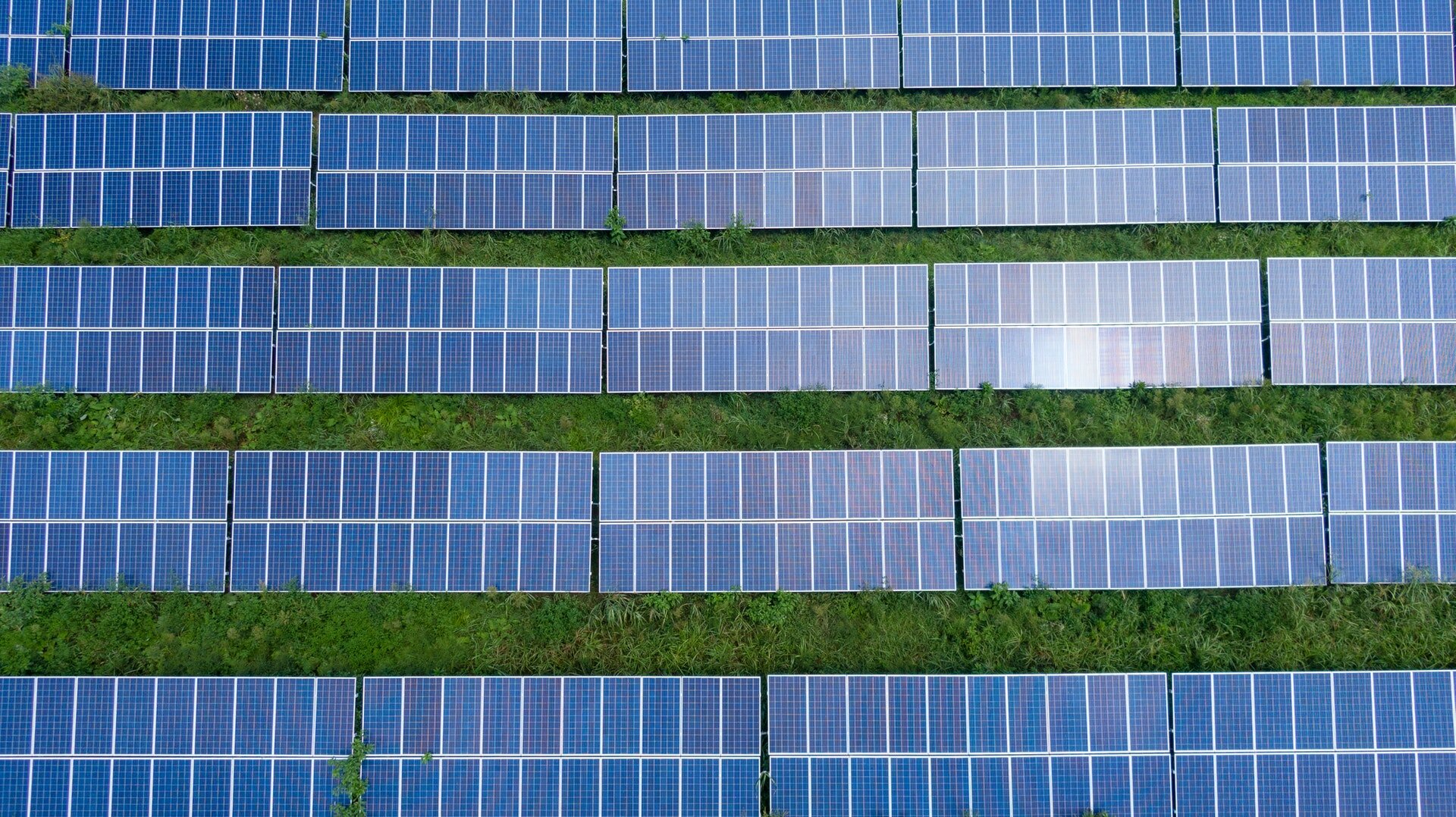Nine Ways to be more Sustainable as a Hotel
01-10-2021There are many ways in which hotels can include sustainability in their products and services, such as recycling, reducing waste, using green energy sources, and much more.
Sustainable tourism
Sustainable tourism is becoming more important within the travel industry. As people become aware of the impact of their travel choices on the environment, they are opting for sustainable alternatives, especially when it comes to their accommodation. Striving for sustainability as a hotel can help attract a new generation of eco-conscious customers that are searching for an experience that is ethical, sustainable, and comfortable. Customer research by Hilton in 2018 showed that 86% of guests say that hotel environmental and social responsibility is important to them and 33% of guests (44% under the age of 25) “actively seek this information” before booking a room. Therefore, it is important as a hotel manager to incorporate sustainable practices into your hotel.
What is an Eco-Hotel?
An eco-hotel, or green hotel, describes a hotel that heavily incorporates sustainability in all of its actions and activities. There are many ways in which hotels can include sustainability in their products and services, such as recycling, reducing waste, using green energy sources, and much more. This blog outlines some practical and innovative ways to become more eco-friendly as a hotel.
Nine Practical Ways to Incorporate Sustainability for Hotels
1. Incorporate recycling throughout the hotel - wherever possible!
Hotels create a lot of waste. About 50-60 percent of that waste is recyclable. Of course, this varies based on the size of the hotel and the services it may provide. Recycling may seem like an obvious solution, but the lesson here is that more is recyclable than most think. The Green Hotels Association provides many creative recycling ideas, such as turning stained tablecloths into napkins, aprons, or neck ties. Another idea is to convert old bed sheets into laundry bags. An added bonus of recycling more is the lowered expense of waste hauling!
2. No wasted space - rent out your hotel’s parking!
Do you have parking facilities for guests of your hotel? Many parking lots of hotels are hardly at full capacity and parking spaces sit empty. Make use of the empty parking spaces by renting them out on Mobypark. Mobypark enables hotels to make extra revenue by allowing drivers to park in the hotel parking lot, even though they are not guests of the hotel. By doing this, you are contributing to a greener city. Why? Most drivers spend around 20 minutes searching for a parking space in the city, which creates unnecessary traffic and extra CO2 emissions. This can all be avoided by allowing drivers to park in the unused spaces at your hotel.
3. Plant a hotel rooftop garden
If you have an empty rooftop space, creating a rooftop garden is an excellent way to go. Especially in urban areas, solar radiation heats up common building materials like asphalt and concrete, creating pockets of hot air in the city. Because of this, cooling equipment must work harder, using more energy. A study by the National Research Council of Canada found that creating a rooftop garden is an eco-friendly solution to cooling the hotel building, because the plants offer shade that reduces heat flow and increases precipitation. This results in cooler temperatures and overall improved air quality.
4. Install solar panels
Another idea is to install solar panels. This could be done wherever there is space. Popular placements are on the building’s roof or over car parks.The Areias Village in Albufeira, Portugal is one example of a hotel that has adopted this practice. They installed solar panels with 20 kW of photovoltaic power. Because of this, they are able to save 23% of their electricity costs. Incorporating solar energy is therefore both good for the environment, and an excellent way to save money
5. Use sustainable hotel furniture and design materials
It may not be the first thing hotel managers think of, but using sustainably-made hotel furniture and design materials is an important part of being an eco-friendly hotel. Choosing sustainable design materials involves looking at the entire life cycle of the product and being able to trace where it is made, where the pieces come from, all the way through to it’s disposal and how it can be reused or recycled. The wood should be ethically and legally sourced from forests that are managed responsibly. It’s also important to know which woods are sustainable, such as bamboo. White oak and maple are also sustainable due to their durability and hardness, meaning they are long-lasting. These products may have a higher price initially, but when looking at it’s entire lifecycle, the benefits far outweigh the costs.
6. Provide hotel staff with sustainably made uniforms.
The textile industry is amongst the biggest polluters. It uses an immense amount of water as well as accounts for significant CO2 emissions. It’s also worth mentioning the concerning moral and ethical issues and working conditions related to this industry. Switch to sustainably made garments to ensure you are not contributing to the fast-fashion industry. Sourcing your employee’s uniforms from brands that use recycled or upcycled fabrics is an excellent way to be more sustainably-minded.
7. Aquifer Thermal Energy Storage
Another sustainable energy-sourcing method is through Aquifer Thermal Energy Storage (ATES). This is the process of storing energy in the form of heat or cold in the ground. This method makes use of water-carrying sand packages deep in the ground that are interconnected by a heat exchanger. It is a creative approach that can be used to heat or cool buildings that saves significantly on energy costs as well as reduces CO2 emissions. The Breeze hotel in Amsterdam is one successful example that made use of the ATES method, along with other sustainable solutions, and because of it won a 2019 EZK Energy Award for Companies.
8. Eco-friendly hotel cleaning materials
Keeping your hotel clean and sanitized is important. But many standard cleaning products contain toxic chemicals that are harmful to the environment and human health. By opting for safe and environmentally-friendly products, you are able to ensure sanitization in your hotel and keep your guests and employees safe while also reaching your sustainability goals.
9. Local food sourcing
Sourcing your hotel’s food from local suppliers is an excellent way to be more sustainable. Purchasing local food is a great way to cut down on CO2 emissions as your food doesn't have to be shipped from overseas. It also helps support local farmers and suppliers. Some hotels, like QO Amsterdam, have even gone the extra mile by producing their own food by using small farms or gardens. Better yet, you can make use of your new rooftop garden and kill two birds with one stone!
Sustainable tourism - Green hotels are the future
The growing environmental awareness of hotel customers around the world is becoming a determining factor in how they make their travel choices. As hotel owners and managers, it is imperative that sustainability is incorporated into your business plan in order to appeal to guests. It’s also an important part of creating loyalty among guests who will appreciate the eco-friendly efforts made by your hotel. It may seem like a massive project to become a greener hotel, however, taking one step at a time to become more sustainable can already make a huge difference.
Liked this blog? Please share it with your friends and colleagues by clicking one of the buttons below.


